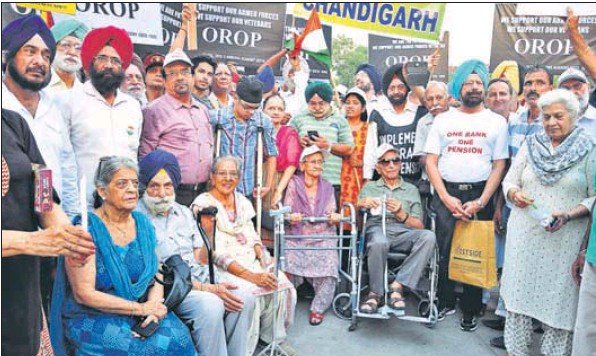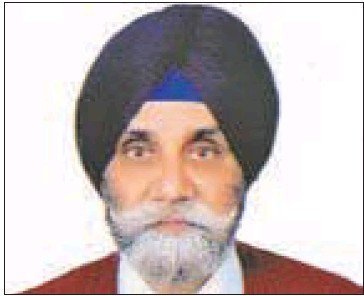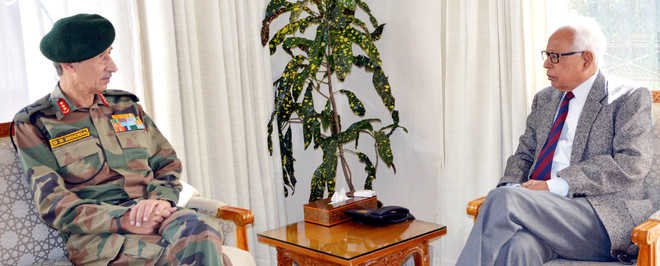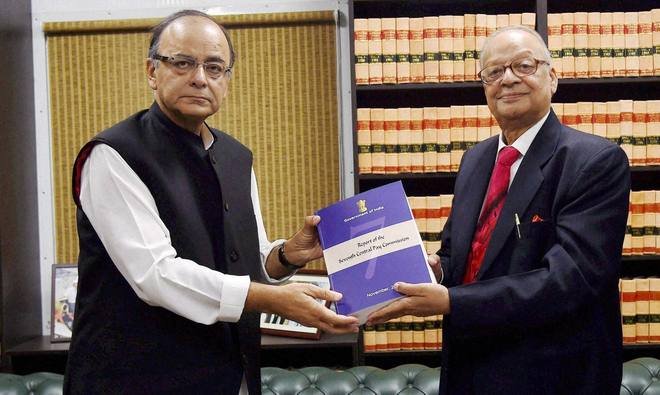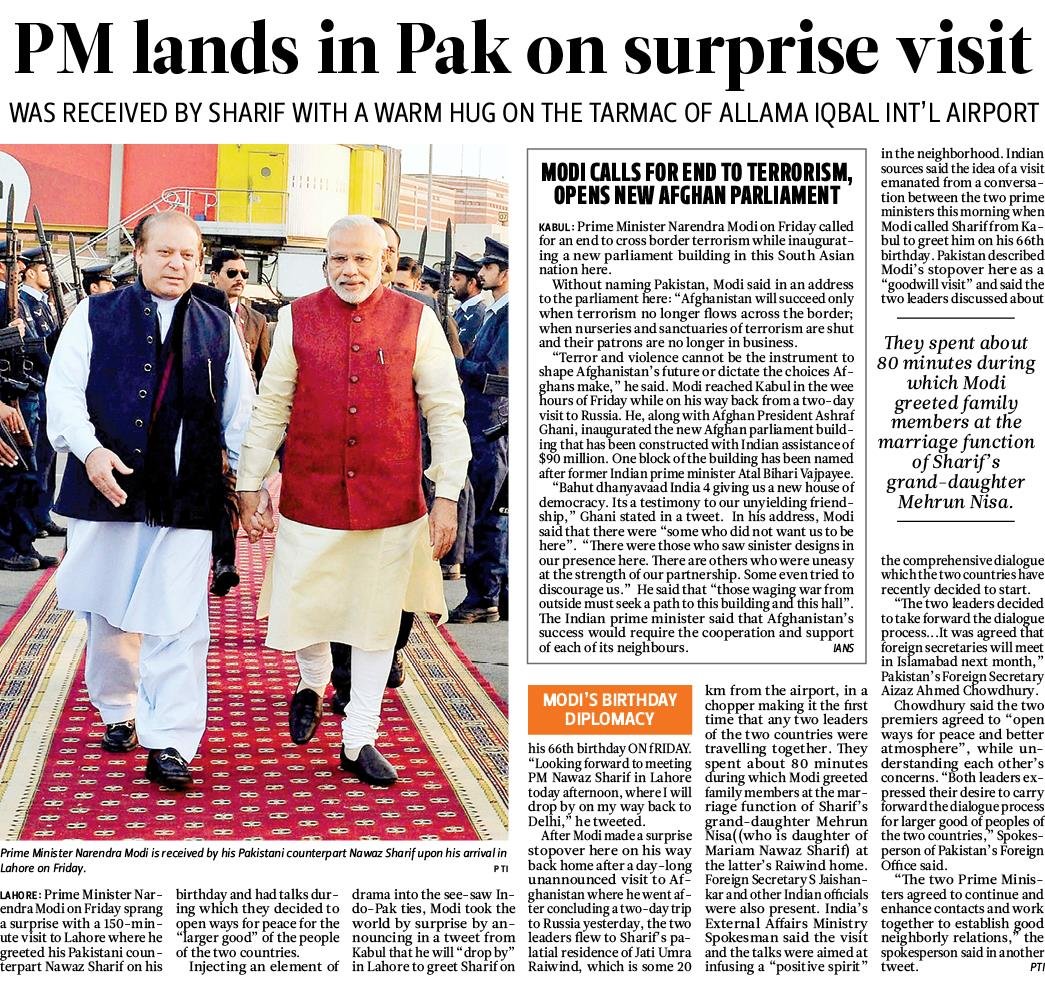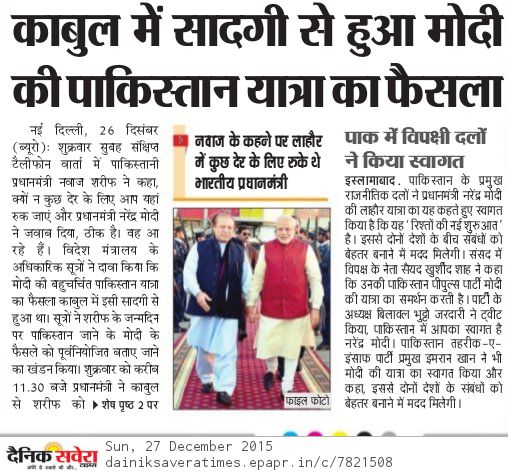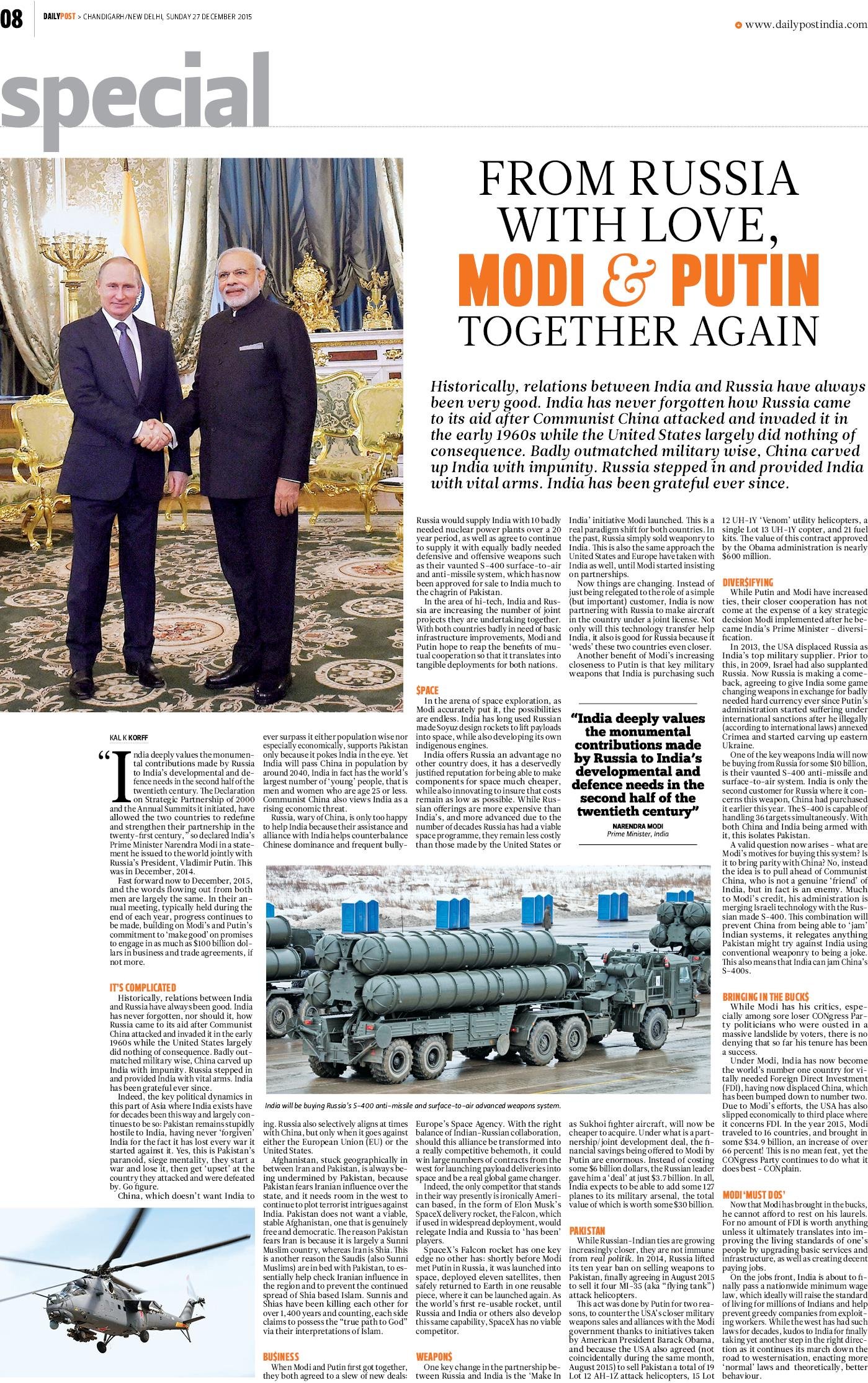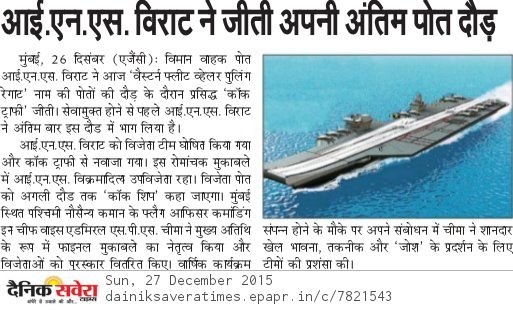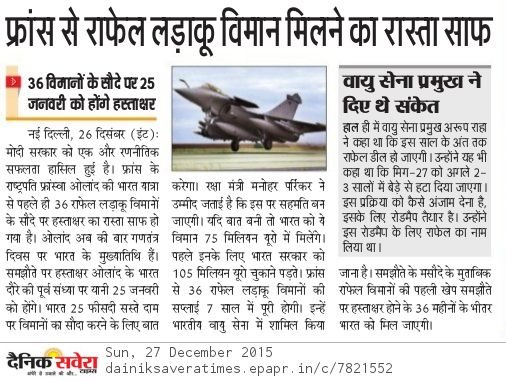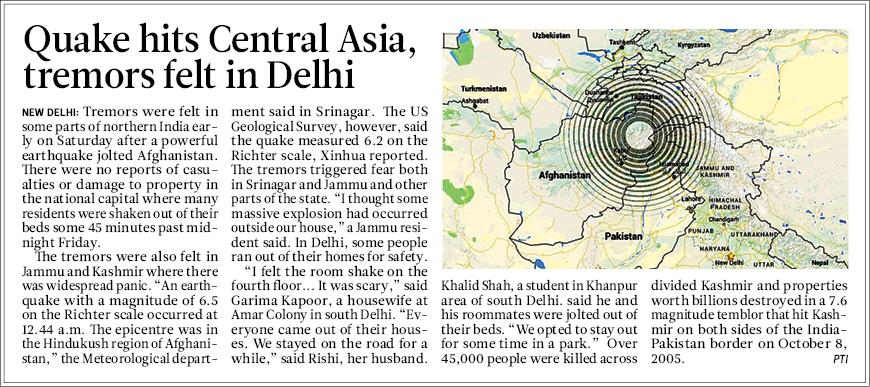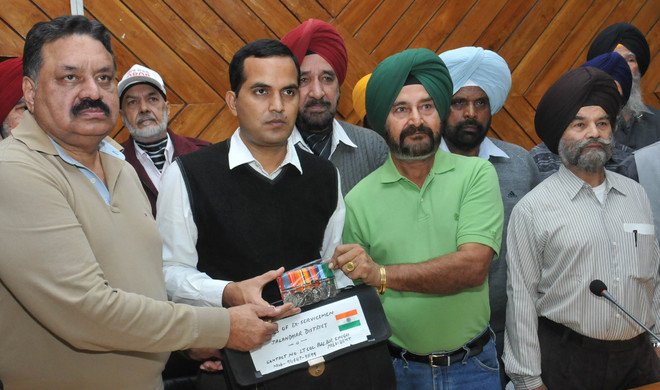defence minister
ARMY CANNOT BE EXPECTED TO PERFORM CIVIL DUTIES. ALSO, SINCE THERE WERE CIVILIANS IN THE BASE, WE NEEDED THE EXPERTISE OF NSG… I SEE SOME GAPS. BUT I DO NOT THINK THERE IS ANY COMPROMISE ON SECURITY… IT IS WORRYING HOW THE TERRORISTS GOT INSIDE THE BASE… THERE WERE BLIND SPOTS INSIDE… THE NIA HAS LEADS THAT SOME OF THE WEAPONS USED BY THE TERRORISTS WERE OF PAKISTANI-MAKE.
A very visible remote control
Policymakers must take the evolving trends in terror operations into account for charting an effective response, writes DAVID DEVADAS
It is easy to get diverted by the chaotic mishandling of the Pathankot attacks. The finger-pointing to which that leads will get us nowhere. It is imperative to study the modus operandi of the attacks, and analyse the patterns of those behind the attackers. Recent trends in both Kashmir and the Jammu province, as also the terrorist attacks in Punjab over the past few months, indicate that the ISI’s handlers now directly coordinate such attacks over satellite or cell phones. The affiliation of the involved terrorists to one or other particular outfit is pretty much tangential.
SAMEER SEHGAL/HTRecent trends in both Kashmir and the Jammu province, as also the terrorist outrages in Punjab over the past few months, indicate that the ISI’s handlers now directly coordinate such attacks over satellite or cell phonesIn fact, the terrorists gave the game away by using the cell phone of one of those whom they had abducted to call their handlers, giving updates and seeking directions. Until the Mumbai attacks of 2008, Pakistan’s obvious fingerprints had not been so clearly visible on any terrorist attacks ever since the Indian Army had been massed on the border following the attack on Parliament in December 2001. The few militant attacks that had taken place in Kashmir in the middle of the previous decade had been clearly on the back-foot. It seemed that the war had been won; these seemed to be like winding up skirmishes.
The focus had shifted to negotiations over Kashmir and other issues between India and Pakistan, such as the Sir Creek and Siachen ones, in the period from 2004 and 2007. However, a new kind of terrorism has come up since then. The most common view appears to be that Mumbai was a one-off attack, and that Hafiz Saeed is primarily responsible — as if it were his personal agenda without the state backing. Again, over the past few days, there has been heated debate over the fact that Masood Azhar is behind the Pathankot attacks. Reams have been written about how he was released in exchange for the passengers of IC 814 at the turn of the millennium.
This is to miss the wood for the trees.
Only by taking a long view of contemporary history can we make sense of what is happening, and get an idea of what might lie ahead. Over the past three decades and more, Pakistan has aided and abetted militant activity in Punjab, Kashmir, and the Chenab basin. That reached a crescendo in the 1990s. Within the Kashmir Valley, militant activity peaked in 2001. It declined thereafter.
If one takes a long view, Mumbai marked not only an unprecedented upping of the ante, it also marked a huge expansion of the range of targets — not only geographically but also in terms of the social and economic centres attacked. And, Mumbai brought to light a new pattern of operation: The direct hands-on coordination of the operation by ISI operatives sitting in Pakistan. Technology had led to a new leap, not just in communication but in command and control.
This was not possible when Pakistan began to promote the Khalistan movement, to which India’s own internecine political games had given initial life. At that stage, the ISI trained and armed different Sikh groups in camps not far from its border with Afghanistan. Once they returned, the militants were more or less on their own. Operations were commanded and controlled locally. Hideouts, logistics and transportation had to be handled as best the fighters on the ground and their over-ground supporters could manage.
Pakistan began to abet an insurgency in Kashmir with a very tentative programme in 1988. Feelers were sent through the JKLF, which had been established in Muzaffarabad. They had sent a messenger to the home of the late Maqbool Butt, one of the group’s founders. Butt had gone to Kashmir to survey the place and assess the possibility of an uprising in the Valley in 1976, but he had been caught. He was subsequently hanged in 1984 in Tihar Jail for a murder for which he had been convicted in 1968. Contacting Butt’s family through the Muzaffarabad JKLF activists was apparently the best hope the ISI had in 1987, when the message arrived.
Butt’s brother and an intrepid neighbour, Abdul Ahad Waza went across to Pakistan in response. They returned to find and send potential militants across the Line of Control. Boys from a variety of Kashmiri groups were funded, trained and armed thereafter, but the ISI did not generally control specific operations. When they found the Kashmiris less effective than they had hoped, and the fighting in Afghanistan wound down in 1992, the ISI began to send Afghans, Pakistanis and a few from other countries too. Still, operations were left largely to those actually on the ground — although telephonic contact was often made.
After General Musharraf took charge of the army, command and control increased dramatically. Particular high profile attacks were planned in detail. Among these were the attacks at the Srinagar cantonment’s main gate in December 1999 and at the Jammu and Kashmir assembly in October 2001. Plus, of course, the hijack of IC 814 from Kathmandu to Kandahar and the release of three vital prisoners was planned and coordinated closely.
There are similarities between that hijack and the attacks in Mumbai and now in Pathankot. The men who were engaged in each of these operations were relatively young and callow. They were closely coordinated and directed. In the more recent cases, and when the cantonment, the assembly and Parliament were attacked, the men involved were willing to give up their lives; they were all planned as suicide missions.
It is imperative that policymakers take these evolving trends, particularly in command and control, of operations into account. It is the unavoidable starting point for charting an effective response.


















































